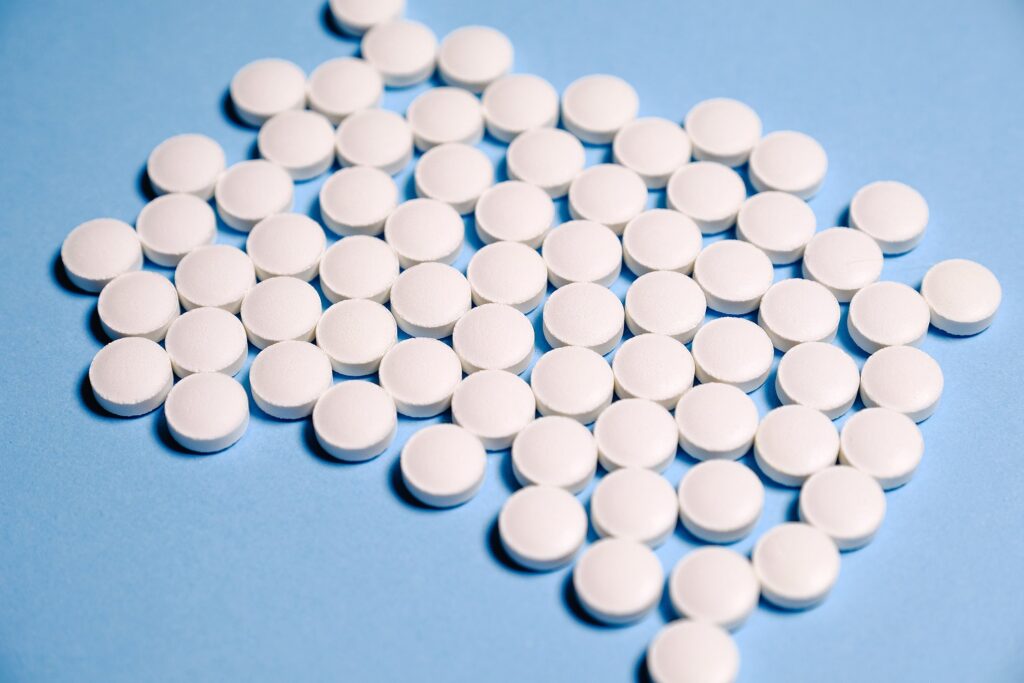

Low dose aspirin use by hospitalised COVID-19 patients may decrease the need for ventilation, intensive care unit (ICU) admission and in-hospital mortality, says a new study.
According to research conducted by the George Washington University, published in the Anesthesia & Analgesia Journal on Wednesday (March 17) aspirin use by COVID-19 patients within 24 hours of hospital admission, or in the seven days before hospital admission, was associated with a 44 per cent reduction in mechanical ventilation, a 43 per cent reduction in ICU admission, and a 47 per cent reduction for in-hospital mortality.

Study author Dr Jonathan Chow, assistant professor of anesthesiology at the University of Maryland and programme director for the Critical Care Anesthesiology Fellowship at the George School of Medicine and Health Sciences, said the impetus for researching the link between aspirin and COVID-19, was due to evidence that suggested persons suffering from the virus had recorded the formation of blood clots throughout their bodies and aspirin was a known blood thinner.
“The reason why we started looking at aspirin and COVID is because in the spring we all realissed that all these patients started to have a lot of thrombotic complications, or a lot of blood clots that have formed
throughout their bodies,” said Chow.
The professor also stated that “finding this association is a huge win for those looking to reduce risk from some of the most devastating effects of COVID-19” as “Aspirin is low cost, easily accessible and millions
are already using it to treat their health conditions”.
Wednesday’s study results are a follow-up to previous preliminary findings that were initially published as a preprint in the fall of 2020.







Comments